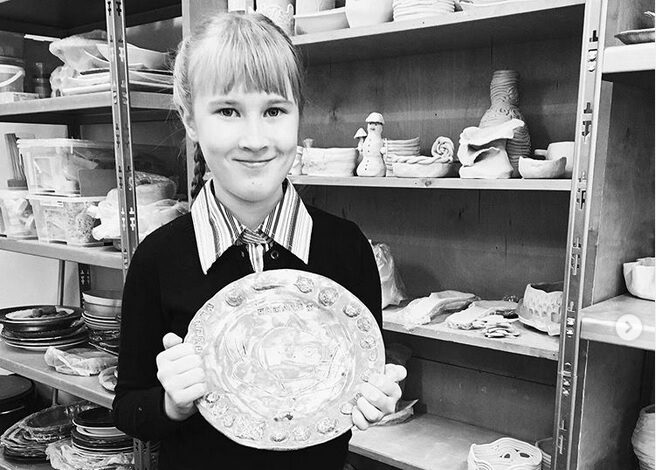NordenBladet – Self-expression is a crucial aspect of a child’s development and is necessary for their for their normal mental development. Children need a platform to express their thoughts, feelings, and opinions in a healthy way. This article will explore the ways in which children are encouraged to express themselves in Nordic countries and how we can learn from their methods.
Active Listening: In Nordic countries, parents and teachers are trained to listen actively to children’s opinions, thoughts, and feelings. This means that they take time to understand the child’s perspective and validate their emotions.
Validation of Emotions: Children in Nordic countries are taught to understand and express their emotions. This helps them to develop emotional intelligence and resilience. Parents and teachers encourage children to acknowledge and validate their feelings, creating a safe and supportive environment for self-expression.
Freedom of Thought: Children in Nordic countries are encouraged to think freely and express their opinions. This helps to foster creativity, independence, and critical thinking skills.
Creative Activities: Nordic countries place a strong emphasis on creative activities as a means of self-expression. Children are encouraged to participate in art, music, and other creative pursuits, providing a platform for them to express themselves freely.
Outdoor Activities: Spending time in nature is also an important aspect of encouraging self-expression in Nordic countries. Children are encouraged to play and explore the outdoors, providing an opportunity for them to express themselves in new and exciting ways.
If a child is not allowed to express themselves, they may grow up to be:
Inhibited: Children who are not allowed to express themselves may become inhibited, feeling that their thoughts and feelings are not valued. This can lead to low self-esteem and a lack of confidence.
Repressed: Children who are not allowed to express themselves may develop a habit of repressing their emotions, leading to emotional suppression. Over time, this can result in feelings of anger, frustration, and resentment.
Disconnected: Children who are not allowed to express themselves may feel disconnected from those around them, leading to feelings of isolation and loneliness.
Uncreative: Children who are not allowed to express themselves creatively may miss out on opportunities to develop their artistic and imaginative skills.
Stressed: Children who are not allowed to express themselves may experience high levels of stress, leading to a range of physical and mental health problems.
Encouraging self-expression in children is an essential aspect of their development and overall wellbeing. By taking inspiration from the methods used in Nordic countries, we can create a safe and supportive environment for our children to express themselves freely. By actively listening, validating their emotions, and encouraging freedom of thought and creativity, we can help our children to develop into confident, self-assured individuals.
Featured image: NordenBladet

